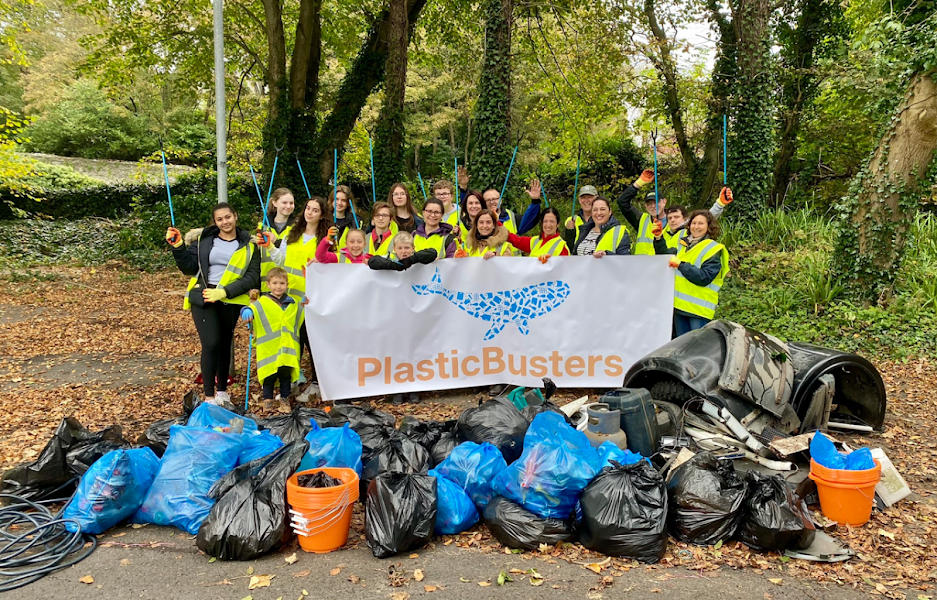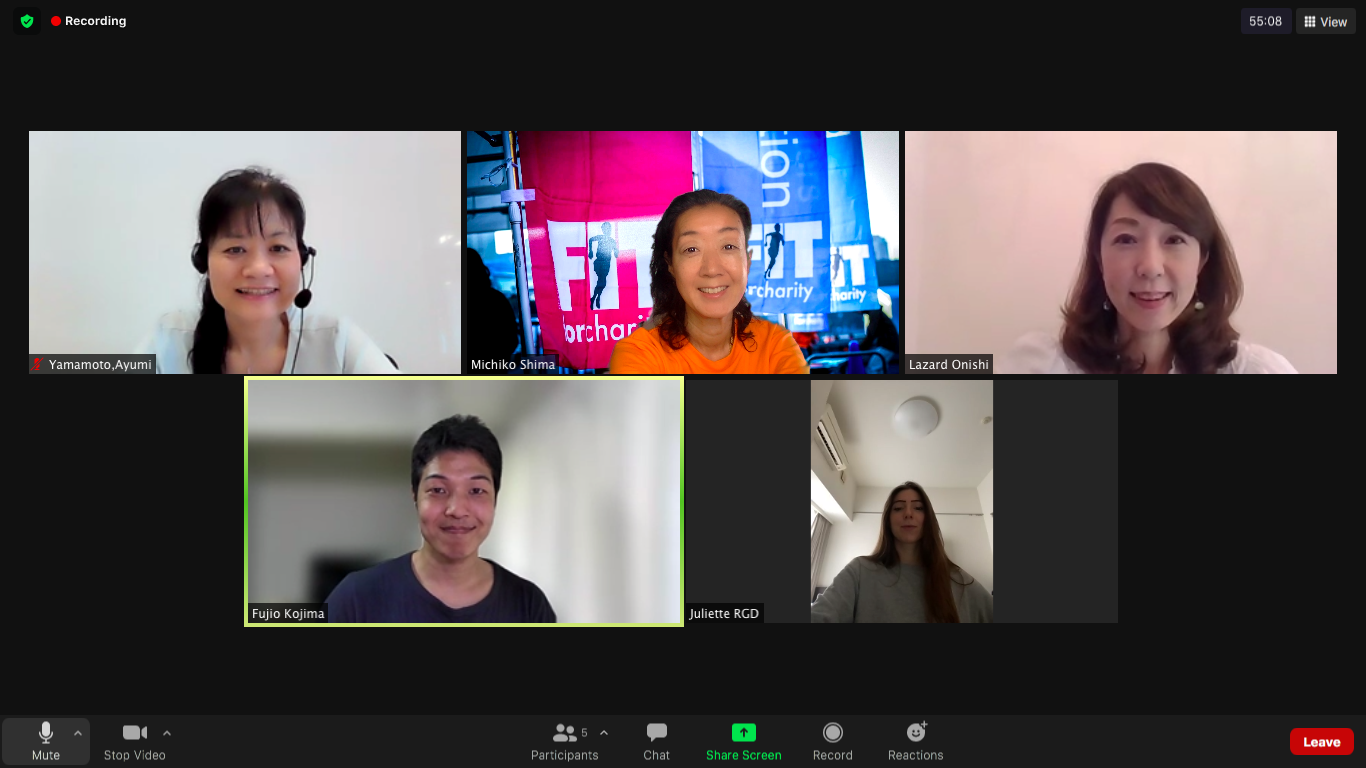Pirika Association

Please tell us your background and how you decided to start this organisation?
When I was 7, I found books about environmental problems in the library and thought it was a huge problem for humans. This problem scared me, and I felt that I wanted to solve these kinds of problems. I tried to be a researcher, and went to university and graduate school with a major in mechanical engineering and energy resources. But I realized that research was just one part of solving the problem. I decided to go on a trip around the world to find what kind of problems we should tackle. I went from the Amazon jungle in Brazil to deserts in Africa. Every country, every city, all had the common littering problem. Litter is very small, but a huge problem all around the world. I returned to Japan, and started using the devices of my university for the start up of Pirika. My professor was angry because the waste problem was a totally different topic from my major, so in the end, I dropped out of graduate school and moved to Tokyo to start my company.
How did you get the idea of using IT for this litter and waste problems?
Before starting Pirika, I had no technology related skills for developing software. When I went on a trip around the world, I had my iPhone which has a feature when I take a photo, the location is automatically recorded and a pin appears on the map. All the locations I visited were saved. After noticing this, I started to take pictures to get these location pins on the map. This gamification or motivation can make people take actions and change their behaviors. I wanted people to pick up litter by this kind of gamification. That is why software and IT technologies are very useful for my idea and what I want to do.
What was the most challenging and difficult thing you experienced ?
It was difficult to conduct the project because it wasn’t making money. Education is very important to solve this problem. The grants from various organizations have many restrictions on how the money can be used. FIT grants allowed us to use the money freely. It is important for trying many things and sometimes unexpected ideas. This is important, particularly for a startup like us.
How do you intend to use the FIT funds
We will use the FIT funds for developing an education program. We’d like to make our applications more fun and easier to use and understand. The gamification process is necessary.
Before teaming with FIT, we developed our application for the government and professionals like researchers. So, it was a little difficult to be used for education. That is why we recreated our application and manuals for students and made them easier to understand.
It is also used to organize lessons and classes and collaborate with some universities and high schools. We have also collaborated with a soccer team in Yokohama to educate them on environmental issues.
Do you think the mindset of the public has changed over the years?
I think so, now it is changing. I was born in a very local area in Japan, where there are no factories, no buildings so air and water were clean. One of the biggest surprises for me was when I stayed in Vietnam. Everyone must wear a mask at Ho Chi Ming because of the air pollution. It is normal for them because they were born in this situation. It is scary because that is the only way they have known and are reluctant to change. At this moment, I felt education is very important. I started Pirika to solve a global problem and I got inspiration from Brazil and many other countries. I really want to expand the project, so we have started to collaborate with the United Nation of Environmental Programme, but also with research in the south East Asian region. We conduct surveys with our technology to find micro plastic sources.
Pirika Association
https://corp.pirika.org/



